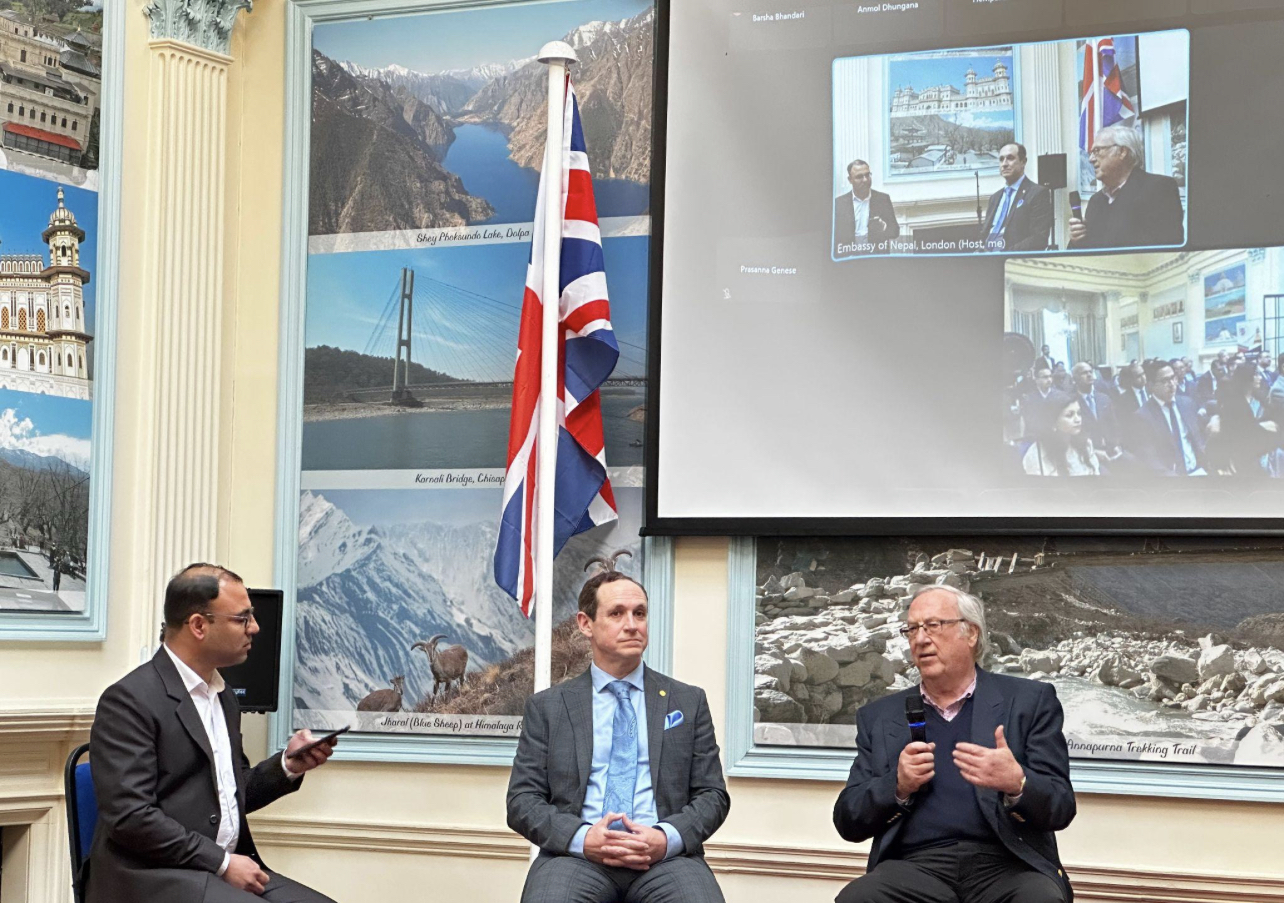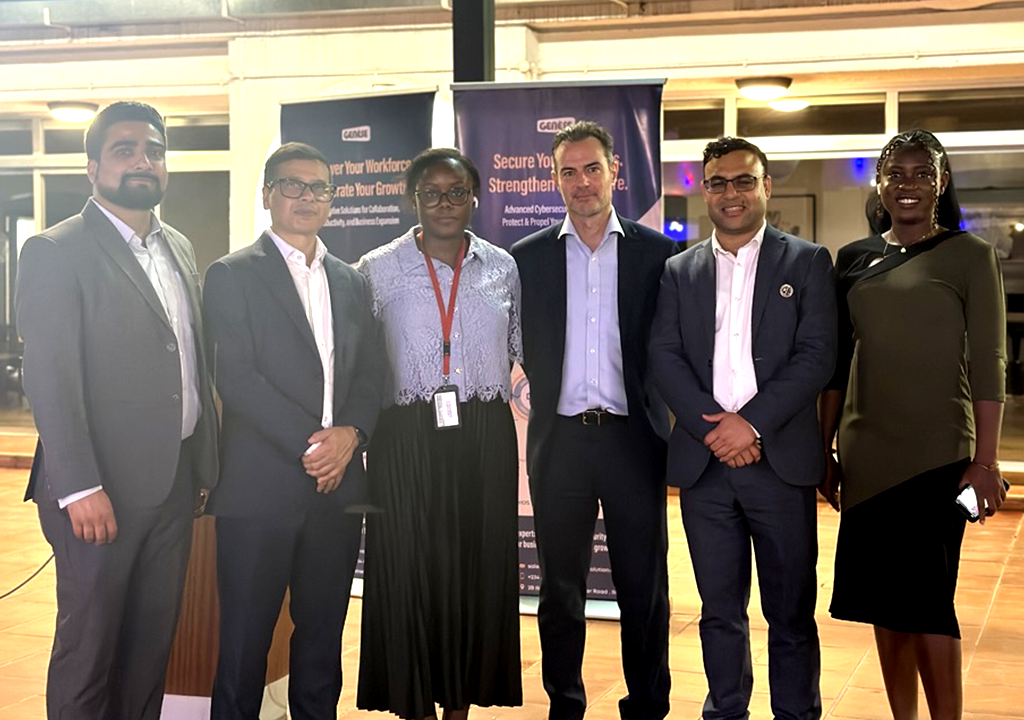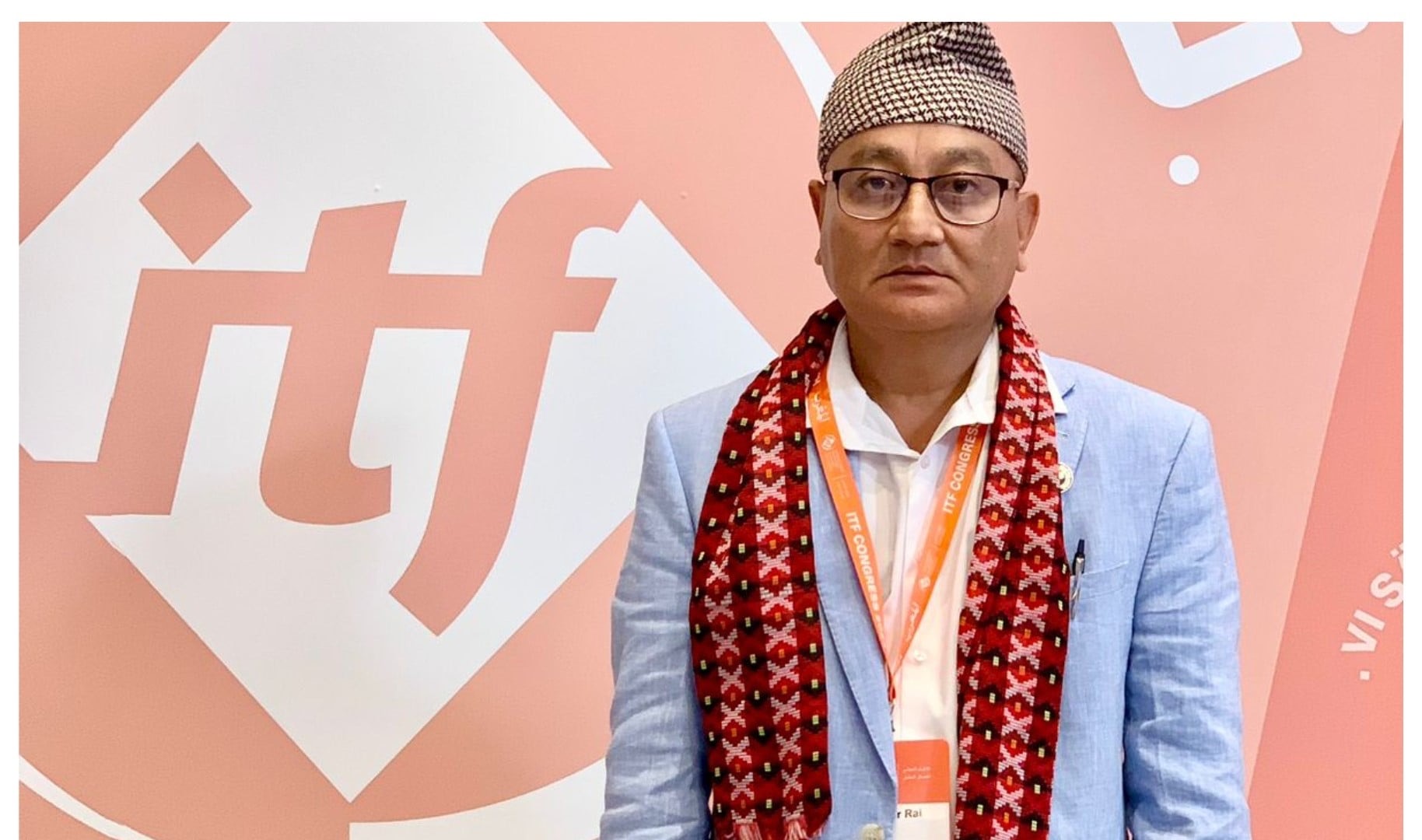Nepal all set to emerge as a tech hub, entrepreneurs say

London – Nepali officials as well as tech entrepreneurs have said that Nepal is all set to emerge as a tech hub.
Addressing an event organised by the Embassy of Nepal in London on Tuesday, Nepal’s ambassador to the United Kingdom, Gyan Chandra Acharya, said that as the world was passing through the fourth industrial revolution, time had come for Nepal to leapfrog through technological revolution.
“We have a young, dynamic population and the country is moving towards socio-economic transformation. Nepal government’s policy is to support the promotion of Information Technology (IT),” said Ambassador Acharya adding, “We are looking for partnership with all – IT experts, private sector and international agencies. We can make Nepal a tech hub if we put our resources together,” he added. Saying that broadband internet connectivity was over 60 percent in Nepal and there was a huge talent pool in the country, Ambassador Acharya urged the British investors to invest in Nepal including in the IT sector. He said Tuesday’s event was just a beginning and that the Embassy will be organising a big investment event in September 2023.
Joint Secretary at the Ministry of Communication and Information Technology, Anil Kumar Dutta, said that the government of Nepal was promoting the use of ICT (Information and Communication Technology) in almost all sectors of governance. Mr Dutta said that Nepal adopted the Digital Nepal Framework in 2019 and was implementing it now with a view to provide transparent and efficient services to the general public. “The government welcomes investment in the IT sector and we have so many prospects in this area,” he added. He also informed that the government was ready to reform existing laws and regulators so as to facilitate foreign direct investment in the IT sector.
‘Promoting Nepal as an emerging tech hub’
Making a presentation on the theme ‘Promoting Nepalas an emerging tech hub,’ Anjani Phuyal, founder and Global CTO of Genese Solution– a multinational digital transformation company,’ said that besides hydropower and tourism, Nepal now is being seen as a country with vast IT potential.
“Nepali IT professionals are now working in major IT companies in the US, Europe and other countries and Nepali IT companies based in Nepal are providing their services to global businesses,” said Phuyal adding, “Nepal is now producing almost 70,000 graduates every year in STEM (Science, Technology, Engineering and Mathematics) subjects.”
In 2019, CDC Group, the UK’s development finance institution, invested approximately US$12 million in WorldLink, the largest private sector internet service provider in Nepal. In addition to this, the ISP also secured a combined Series B investment of $15 million – $8.2 million from British International Investment and $6.2 million from Dolma Impact Fund. In 2022, the World Bank provided a concessional loan of US$140 million (equivalent to NRs. 17.79 billion) to the government of Nepal to implement the Digital Nepal Acceleration (DNA) Project. The project will mobilise private capital to increase access to broadband services in rural areas and will also support and secure the delivery of digital government services through improvements in Nepal’s public data infrastructure and cybersecurity capabilities, among others.
“These are but a few examples and illustrate the potential of the IT sector in Nepal,” said Phuyal adding, “Nepal has a distinct advantage in terms of global competitiveness due to the establishment of AWS, Microsoft, and Google academies. These academies have made it possible for individuals to attain internationally recognized certifications and develop expertise in these technology platforms. This, in turn, can help Nepal produce a pool of skilled resources that can compete at a global level. Nepal now has progressive legal and infrastructure framework, offers a skilled workforce and there is an advantage of time zones also.”
Mr Phuyal said that the government of Nepal should emulate policies of the UK, India, Israel and Singapore governments, for example, to develop the country as an IT tech hub. He also called upon the government of Nepal to adopt the Cloud First policy, reduce minimum FDI threshold, promote ICT education in collaboration with AWS & Microsoft Academy and introduce policies like e-residency. “Global investors can begin to create a connected Nepali workforce,” he said.
Taking part in the panel discussion, Chief Executive Officer of Dolma Impact Fund, Tim Gocher said that the companies they’ve invested in now combinedly employ around 10,000 people. “Infrastructure is already there and many talents are there. The cost of doing business is much lower in Nepal compared to other countries in the region.”
Mr Tim Gocher said that besides hydropower and health sector, his company was now investing in Nepali IT companies including CloudFactory and Fusemachines Inc.
“The process to get money into Nepal is quite tedious and it can take up to a year. The delay on part of the government can change the mind of the investors. Delays are destroying. Nepal should learn from India where the FDI regime has been turned automatic,” said Gocher adding, “Remote working potential is very good in Nepal as there are a lot of highly skilled personnel in Artificial Intelligence (AI), BigData, and cloud computing. Tech can create employment in a big way. Tech sector is highly beneficial for Nepal in terms of employment, income taxes and corporate taxes. Nepali companies should also be allowed to have a foreign subsidiary.”
Chairman and CEO of MBI MBO Ltd, Bryan Duffy, said that technology could transform either business or consumer products. “Nepal should provide great innovator service, great value, and less bureaucracy. Businesses need to be agile because we are living in a changing world,” said Duffy adding, “It’s all about people and culture. You should create a culture that can inspire generations. Innovation is about looking at problems and trying to resolve them through a different perspective.”
Mr Bryan Duffy said that Nepali tech has a great future. “Nepalese are intelligent, hard working and creative. The government should also focus on Research and Development.”
Richard Slater, a UK-based consultant, said that the level of cyber security is still weak in Nepal. “Nepal is highly susceptible to cyber attacks, especially the banking sector. It could be a huge opportunity forinvestors to try to address that,” he added.
During the panel discussion moderated by Anjani Phuyal, panellists Tim Gocher and Bryan Duffy responded to queries from participants. Deputy Chief of Mission at the Nepali embassy in London, Mrs Roshan Khanal, delivered the vote of thanks while Rambabu Nepal, Second Secretary at the embassy hosted the event.
The event, organised in collaboration with Genese Solution Ltd, was followed by a networking reception.



















Facebook Comments